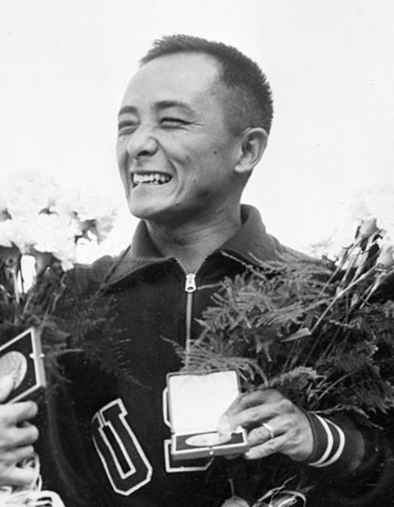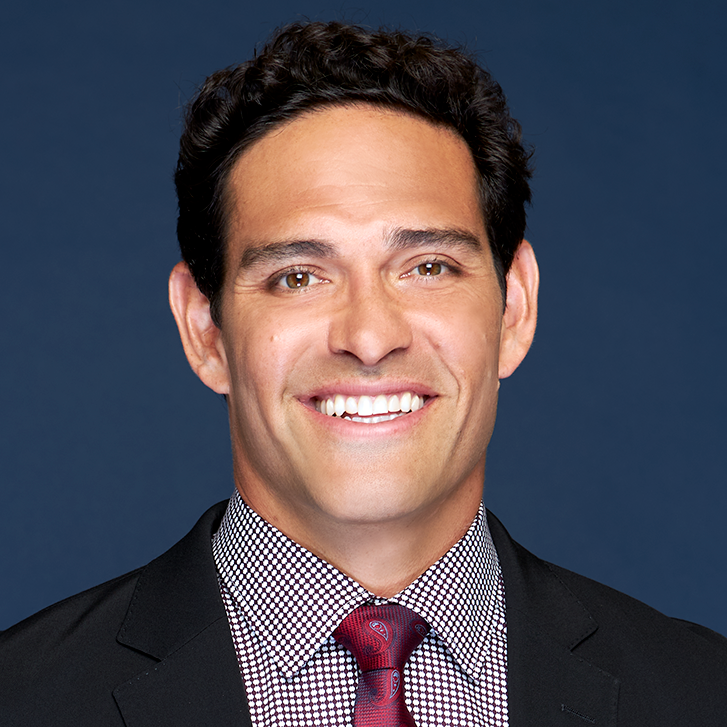Sammy Lee, born Samuel “Sammy” Lee on August 1, 1920, in Fresno, California, was a pioneering Olympic diver known for his exceptional achievements and his role in breaking racial barriers in sports. Lee attended Occidental College, where he earned a degree in science, and later attended the University of Southern California (USC) School of Medicine. His academic and athletic prowess set the stage for a remarkable career in diving.
Lee made his Olympic debut at the 1948 London Olympics, where he won a bronze medal in the 3-meter springboard event. He went on to win gold medals in both the 10-meter platform at the 1948 and 1952 Helsinki Olympics, becoming the first Asian American to win an Olympic gold medal for the United States. Lee’s performances were marked by their precision, grace, and difficulty, earning him recognition as one of the greatest divers of all time.
Off the diving board, Sammy Lee was a trailblazer who broke down racial barriers in sports. Despite facing discrimination and prejudice, he persevered and achieved success at the highest levels. Lee’s legacy extends beyond his athletic achievements; he was also a respected physician and a mentor to many young divers.
Lee was involved in various charitable activities and community service, supporting initiatives aimed at promoting youth sports and education. His commitment to making a positive impact in the community reflected his character and values.
Sammy Lee passed away on December 2, 2016, but his legacy in diving and his contributions to breaking racial barriers in sports endure. His influence on the sport and his contributions to the community continue to be felt. Lee’s story is one of brilliance, resilience, and a deep love for diving.






















